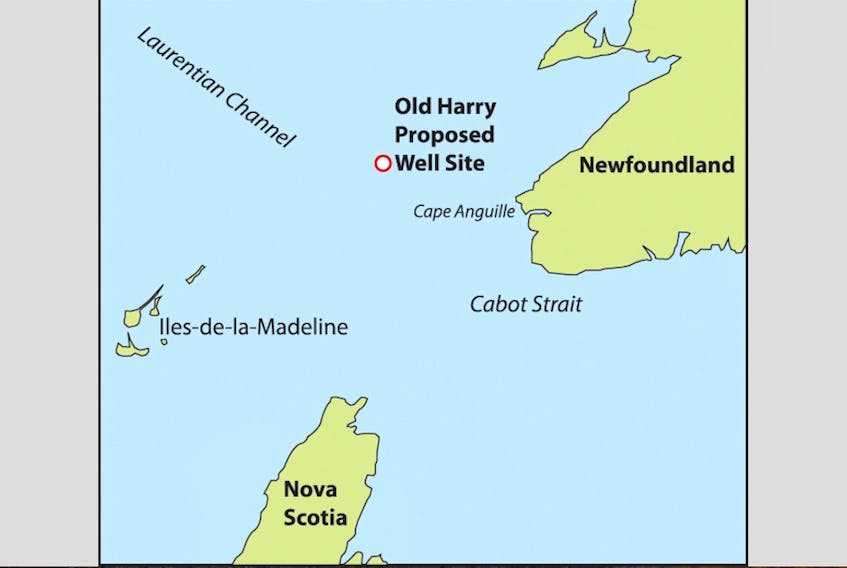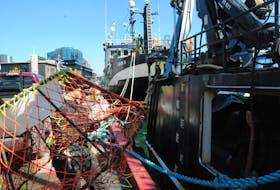The Supreme Court of Newfoundland and Labrador has sided with environmental rights groups who took the province’s petroleum board to court, saying the board was wrong to extend a licence for oil exploration in the Gulf of St. Lawrence beyond its legal term limit.
Ecojustice, acting on behalf of the David Suzuki Foundation, Sierra Cub Canada Foundation, Société pour la nature et les parcs du Canada- Québec, Attention FragÎles and Nature Québec, filed a lawsuit in 2017 challenging the Canada-Newfoundland and Labrador Offshore Petroleum Board’s (CNLOPB) decision to extend Corridor Resources Inc.’s drilling licence in the “Old Harry” area — between this province and Quebec, about 80 km off the southwest tip of Newfoundland – after the first licence ran out.
The original licence was valid starting Jan. 15, 2008 for nine years, but the company did not drill during that time. Late in 2016, the CNLOPB agreed to issue a new exploration licence, with a four-year term, to Corridor in exchange for the old one and with conditions. The new licence was valid for four years, expiring in 2021.
In September 2016, the CNLOPB issued a press release notifying the public of the proposed surrender and exchange, saying the issuance of the new licence would provide time for a “robust review process associated with a proposed drilling operations authorization and validation of the geological prospect commonly referred to as Old Harry by restoring the term of the licence to four years.” The review process would include consultations and the completion of an environmental assessment, the board said.
“Not only does the decision protect the Gulf and the communities that depend on it from a risky drilling project, it sets an important precedent for offshore oil and gas regulators around the country." — Ian Moran
After considering comments received from the public, the board proceeded with the licence surrender and exchange, receiving provincial and federal government approval.
The Old Harry project was halted in 2018, with Corridor saying it had determined there was no longer a viable path to drilling a well before the new licence ran out. The area was “more complicated that previously understood,” the Halifax-based company said, adding it had also not attracted a business partner.
The company did not file a drilling deposit to extend the new licence, so the land on the Newfoundland side reverted to the provincial Crown last January.
Justice Rosalie McGrath released her decision late Monday, noting the application had not asked the court to review the reasonableness of the CNLOPB’s actions regarding environmental assessments or consultations with First Nations groups, nor the reasons why Corridor had not drilled before the expiry of the initial licence.
After reviewing each of the parties’ submissions and interpretations of the Accord Acts, she found the CNLOPB’s decision was unreasonable and said it “bears the hallmarks of a reverse-engineered exercise in statutory interpretation.”
“In making this statement, I accept that the board was motivated by valid objectives, including that of providing a stable and fair offshore management regime for industry, and Corridor in particular, who was seen as having encountered an extraordinary and prolonged regulatory approval process. However, the Board was not given the authority to carry out a discretionary balancing of objectives. The Board cannot rely on general policy objectives to override the clear statutory directive in (the Act) that limits its authority, notwithstanding that it may be acting in good faith.”
Ecojustice issued a statement applauding McGrath’s ruling.
“Not only does the decision protect the Gulf and the communities that depend on it from a risky drilling project, it sets an important precedent for offshore oil and gas regulators around the country,” said Ecojustice lawyer Ian Miron. “As recently as May 2019, federal regulators proposed similar artificial extensions for expiring licences in the Beaufort Sea. The court’s decision sends a clear message: such artificial extensions are illegal.”
Twitter: @tara_bradbury









